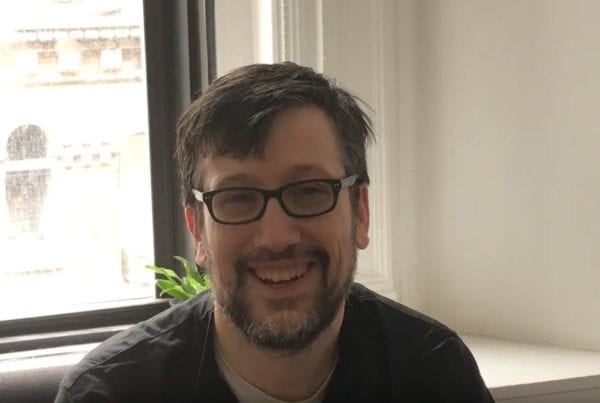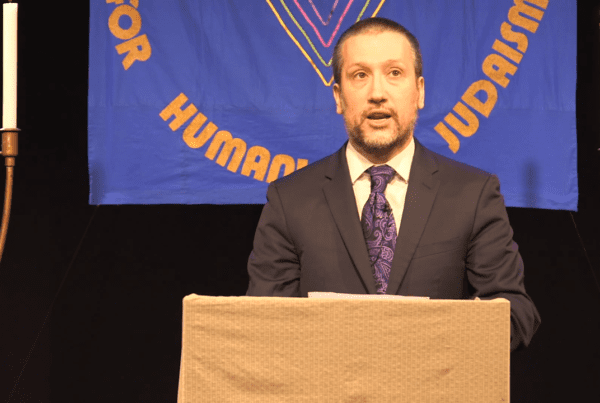
We have been in lock-down for seven weeks. Seven weeks of not hugging friends. Seven weeks of not celebrating births, of not mourning deaths. Seven weeks of unstructured time. Days blend into one another and we cry with impotence and frustration.
‘All things are wearisome’ says Ecclesiastes; ‘there is nothing new under the sun’.
I want to be hopeful and helpful, but often I feel numb.
There is more to Ecclesiastes’ philosophy, however, than this depressive apathy.
Ecclesiastes believed that because our actions have little or no effect on the world, we should focus on our own happiness and fulfillment, rather than on trying to make the world a better place.
‘Only this, I have found, is really good,’ said Ecclesiastes, ‘that one should eat and drink and get pleasure from one’s labor under the sun… for that is his portion.’
This seems like a rather selfish attitude for those of us who believe in progress. But it delivers a very potent message at this moment in time.
Our ability to affect the world at this juncture is limited. We cannot interact with the world effectively when the only door we can open is the fridge. What we can do, though, is try very hard to be happy; try very hard to eat well, to exercise sufficiently, to engage our minds. The critical corollary of being happy and healthy is that when the limited opportunities to change the world and help others present themselves, we will rise to the task rather than be debilitated by sadness.
And even more importantly, when we slowly emerge from our cocoons, we will be able to stand up and seize the day. One of the last verses of Ecclesiastes says: ‘How sweet is the light, what a delight for the eyes to behold the sun!’
Take heart, my dear friends, there is light at the end of this tunnel.



